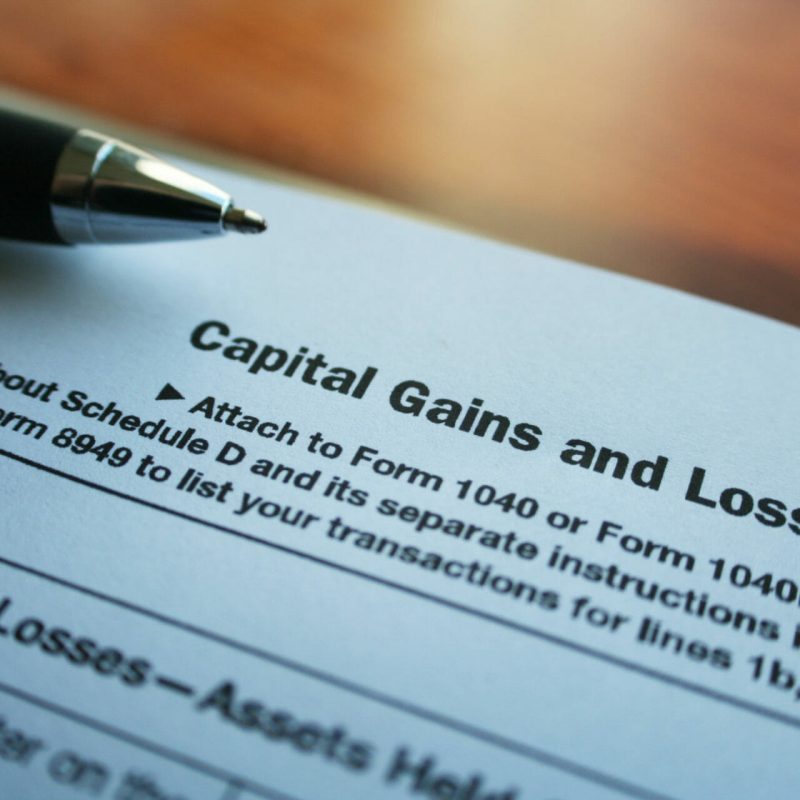Wine Taxation
Consider the benefits of
fine wine as an asset
Wine Taxation
We walk you through each stage covering all of the major considerations you may need to explore before looking into our services further.
Fine wine has been considered a tax-efficient vehicle compared to other forms of financing. However, there are a number of key considerations to make and it is crucial to observe that legislation in this area is not always black and white. We recommend you consult with your tax adviser to see how to make the most of fine wine as an asset.


Section 160 of the Inheritance Tax Act 1984 states that Inheritance Tax (IHT) is applied to the value of any property at the date of application, not at its original purchase value. “It is clear that a wine cellar must be valued at its open market value for Inheritance Tax purposes at the time of the relevant occasion of charge” (HRMC Newsletter August 2010) For IHT purposes a ‘wine cellar’ is any collection of wine forming part of an estate over the IHT threshold, no matter how it is stored or in what quantity.
The tax to consider on a disposal of any asset during your lifetime is capital gains tax (CGT). HMRC regard that any bottle of wine is a chattel and would be subject to CGT unless it is classed as a wasting asset. This is an asset with a predictable life at the time of acquisition not exceeding 50 years.
